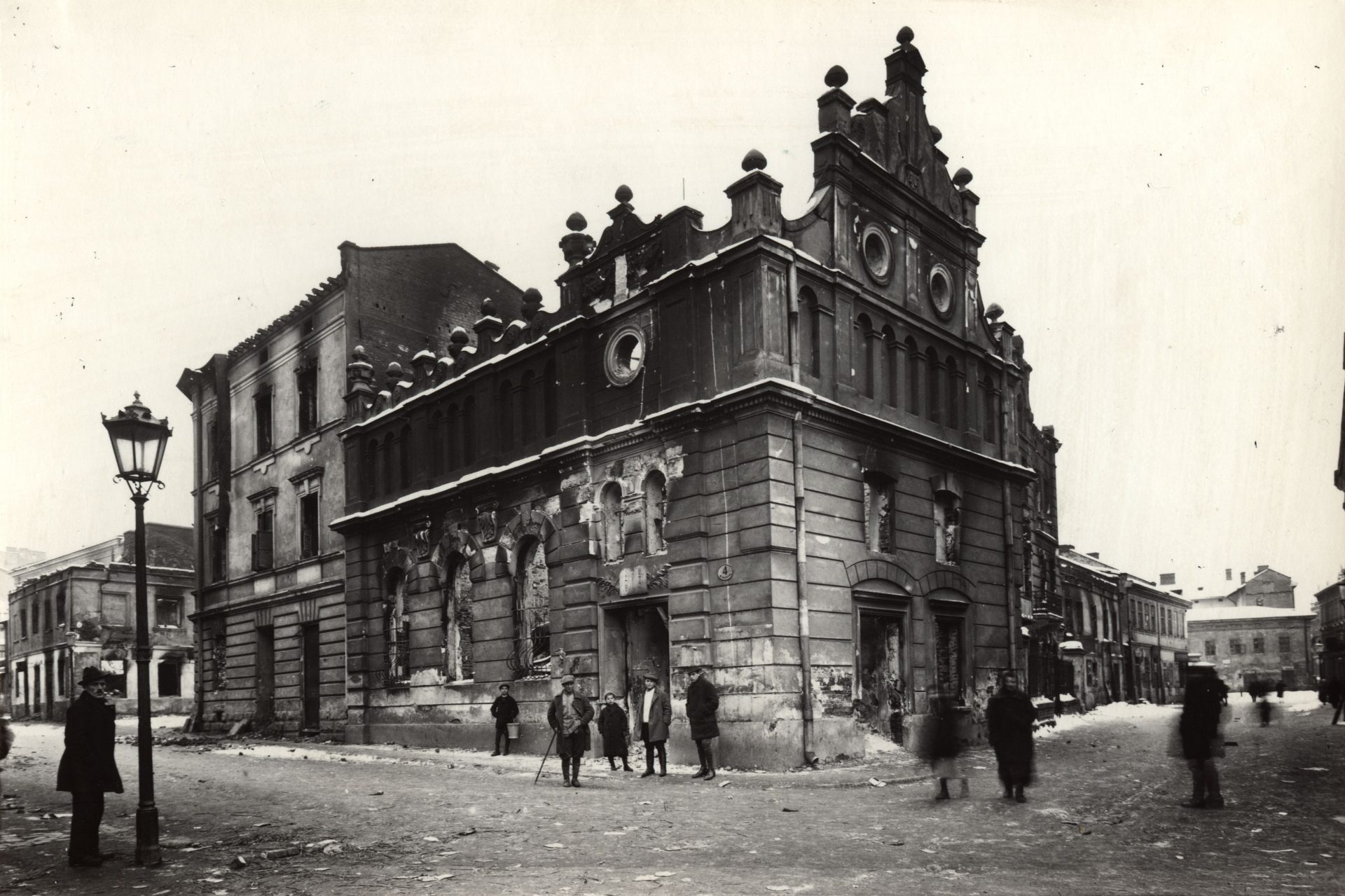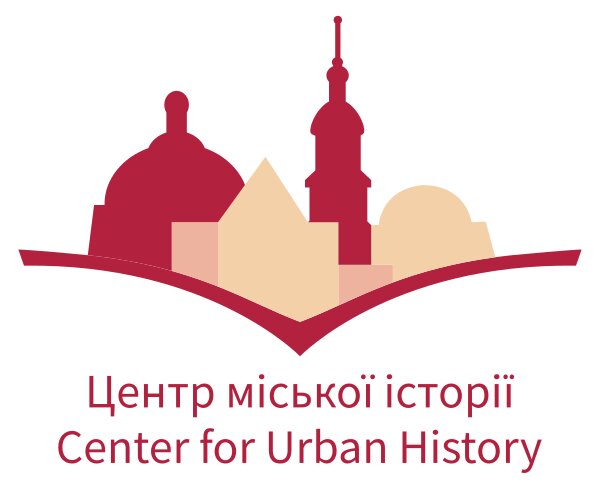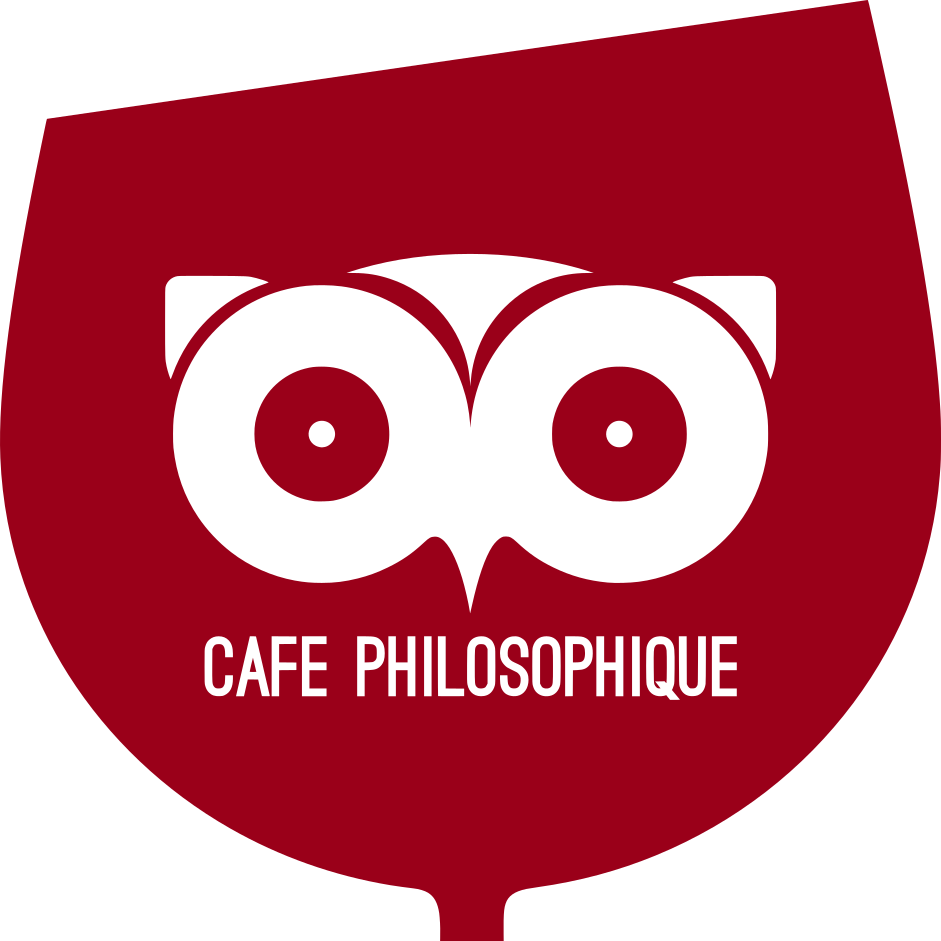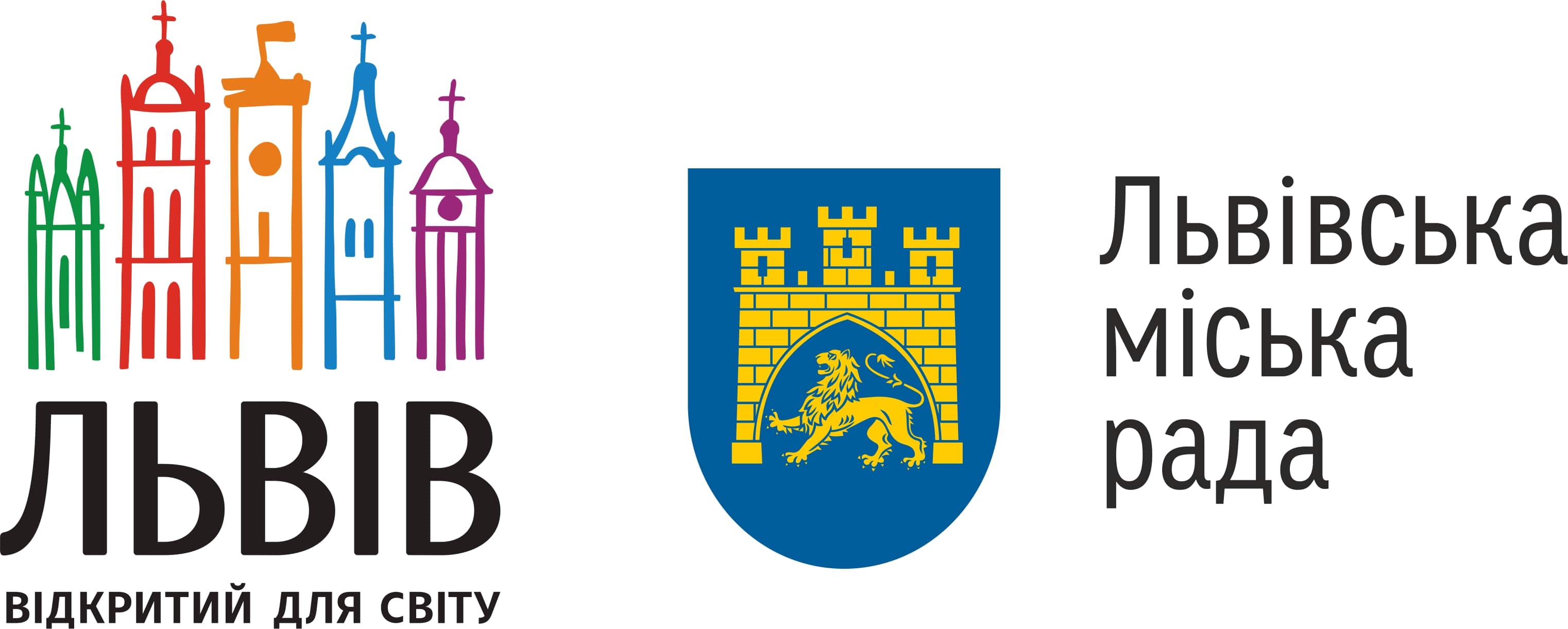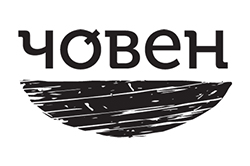Stanislav Lem: Trauma And Art
14.9.2021, 14:00
Conference hall of the Center for Urban History
The history of the city manifests itself through the biographies of some of its inhabitants. For Lviv, it could Stanislav Lem. Upon fleeing to Poland after the war, his story detached from the history of Lviv and has not been sufficiently contemplated or represented in the city. However, neither the plaque nor the monument will fill the gaps in understanding the roots of Lem's work coming from the experience he had in Lviv under occupation. With the seminar "Stanislav Lem: Trauma and Art" we invite you to talk about what he problematizes as a person and as a writer — about the city, the trauma, science fiction, its translations, film adaptations, philosophical issues it addresses, and existential dimensions it opens.
The seminar consists of three discussion panels
14:00 - 15:15 — "BETWEEN PHILOSOPHY AND FANTASY"
Stanislav Lem is one of the most famous and influential 20th century science fiction writers in the world. A writer who was annoyed to be called a science fiction writer. Extremely demanding of himself and even more demanding of others. A genre theorist who set high standards for it. What did Stanislav Lem do for science fiction and is anyone now able to read his works, except for fans of the genre and high-profile scientists?
At the same time, Lem, the Philosopher, who is he? What were the leitmotifs of his thinking? A science fiction writer who managed to combine literature with reflections, the present with the future, looking beyond the horizon of events. A skeptic about humanity and its prospects, but a romantic about science and technology, whose creativity and humor have inspired more than one generation of readers and writers.
Discussants:
- Orysia Bila, Candidate of Philosophical Sciences, Chair of the Department of Philosophy in the Ukrainian Catholic University
- Vladimir Arenev, writer, screenwriter, lecturer
- Ihor Kolesnyk, Candidate of Philosophical Sciences, Associate Professor of the Department of Theory and History of Culture, Ivan Franko Lviv National University.
- Moderator: Anastasia Kholyavka
15:15 - 16:30 — "IN SEARCH OF TOPOS FOR HUMANS"
Lem's heroes are always in search. In search of themselves, a place for themselves, and a place for humanity. These attempts are rarely successful. What, then, pushes Lem's characters to this predominantly Sisyphean labour? Why don't they eventually make their choices? What determines the consistency of the search? These and other questions will be answered by examining Lem's ideas in the context of some related aspects of Hemingway's and Sartre's work.
- Pavlo Bartusyak, researcher of the 20th century French philosophy, translator
- Volodymyr Olinkevych, researcher of the philosophy of history, philosophy of the city of the XX century, teacher of philosophy of the Department of Social Sciences and Humanities of the Lviv National Academy of Arts
- Moderator: Taras Nazaruk
17:00 - 18:15 — "TRANSLATING LEM — MAKING SENSE OF LEM"
Stanislaw Lem's texts have been translated into over forty languages and in terms of the number of translations, they overcame even such "pillars" of Polish literature as Adam Mickiewicz, Boleslaw Prus, or Czeslaw Milosz. But Lem was not only a writer. Researchers note that his texts are philosophical and futurological in nature. What happens when we translate such literary and philosophical texts? Is there a risk to lose important meanings? How should Lem be translated?
- Joanna Trzeciak Huss, Kent State University, translator, literary critic / via Zoom
- Yurko Prokhasko, translator
- Iryna Starovoit, literary critic, culturologist
- Moderator: Bohdan Shumylovych
18:30-20:00 — lecture by Yaroslav Pidgora-Gvyazdovsky "Stanislav Lem and Cinema. The Eternal Misunderstanding of Man and the Unknown"
The seminar is implemented within the "City, Trauma, and Art: Conversations in a Year of Lem" program, organized by the Center for Urban History and Cafe Philosophique Lviv as a part of the 100th Anniversary of Stanislaw Lem program in cooperation with Lviv City Council and Choven Publishing House.
Credits
Cover Image: Ihor Kotlobulatov // Urban Media Archive of the Center for Urban History
